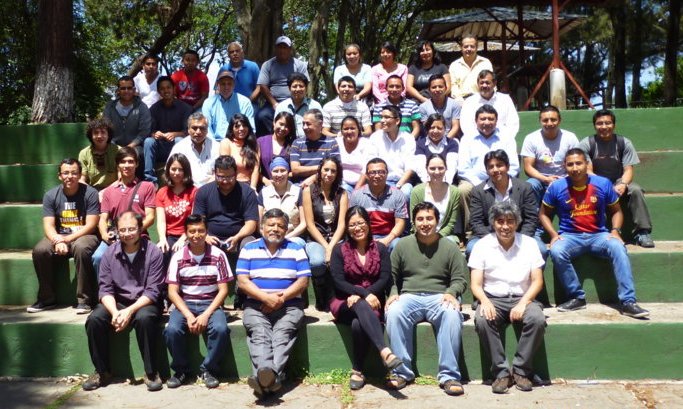![]() that scientific and mathematical literacy and a workforce trained in science and technology are essential to maintain a healthy population, a sustainable environment, and a prosperous economy in any country
that scientific and mathematical literacy and a workforce trained in science and technology are essential to maintain a healthy population, a sustainable environment, and a prosperous economy in any country
![]() that astronomy, when properly taught, nurtures rational, quantitative thinking and an understanding of the history and nature of science, as distinct from reproductive learning and pseudo-science
that astronomy, when properly taught, nurtures rational, quantitative thinking and an understanding of the history and nature of science, as distinct from reproductive learning and pseudo-science
![]() that astronomy has a proven record of attracting young people to an education in science and technology and, on that basis, to careers in space-related and other sciences as well as industry
that astronomy has a proven record of attracting young people to an education in science and technology and, on that basis, to careers in space-related and other sciences as well as industry
![]() that the cultural, historical, philosophical and aesthetic values of astronomy help to establish a better understanding between natural science and the arts and humanities
that the cultural, historical, philosophical and aesthetic values of astronomy help to establish a better understanding between natural science and the arts and humanities
![]() that, nevertheless, in many countries, astronomy is not present in the school curriculum and astronomy teachers are often not adequately trained or supported
that, nevertheless, in many countries, astronomy is not present in the school curriculum and astronomy teachers are often not adequately trained or supported
![]() that many scientific and educational societies and government agencies have produced a variety of well-tested, freely-available educational resource material in astronomy at all levels of education
that many scientific and educational societies and government agencies have produced a variety of well-tested, freely-available educational resource material in astronomy at all levels of education

